First of all, what is halal? Halal is Arabic for ‘permissible’. Halal food adheres to Islamic law, as defined in the Quran. The Islamic form of slaughtering animals or poultry involves killing through a cut to the jugular vein, carotid artery, and windpipe. Animals must be alive and in good health at the time of slaughter, and all blood is drained from the carcass.
Halal also refers to the kind of food and animals that are permitted to be eaten. Food and animals that have been clearly and explicitly prohibited in the Quran are not halal, such as swine, donkey, and alcoholic beverages. That’s why the adherents of Islam do not eat pork and any derivative products of swine.
Food and Travel
While traveling, we barely cook our own meals. Most of the time, we buy food in restaurants nearby. However, what if we have dietary restrictions? For instance, Jewish people who have to eat food complying with Jewish dietary laws (kashrut) or kosher food, Muslim people who have to eat halal food, and vegetarians who do not eat meat.
It’s not a problem if we travel to a country that has a large population of the same religious adherents, but what if we travel to a country like Japan? Will it be hard to grab something to eat? Well, not really.
Menu at Naritaya.
Naritaya Ramen
Some restaurants in Japan are adapting to make their food more accessible to foreign visitors, such as Naritaya, a ramen restaurant that serves halal ramen. There were two Naritaya reastaurants I have ever visited, the one in Tokyo Asakusa, and the one in Gion district in Kyoto. Both are near tourist spots.
The most basic menu item is priced at a reasonable 700 yen (US$6). A bowl of halal ramen does not look any different from what we would find at other ramen restaurants that give no concerns to halal cooking practices. Aside from ramen noodles, we can also see nori (seaweed), bean sprouts, scallions, spinach, a boiled egg, and menma (seasoned bamboo shoots).
Halal ramen at Naritaya Asakusa.
Instead of chashu, the thinly sliced pork that’s commonly served with ramen, there is a strip of grilled chicken. The broth itself is made from bonito and konbu (kelp). Of course, it’s because they do not serve any kind of pork derivative products. Naritaya restaurant also has a custom ramen menu for vegetarian customers.
I finished eating my ramen.
I have never eaten non-halal ramen, so I don’t know if there’s any difference in taste between them. However, the ramen at Naritaya is particularly delicious. It’s really recommended for Muslim and vegetarian travelers who want a taste of Japanese ramen while still managing to observe their dietary requirements.
The address for the Kyoto branch is Ability Gion Bid.1F, 424, Rinkacho, Higashiyama-ku Kyoto-shi, Kyoto 605-0062.
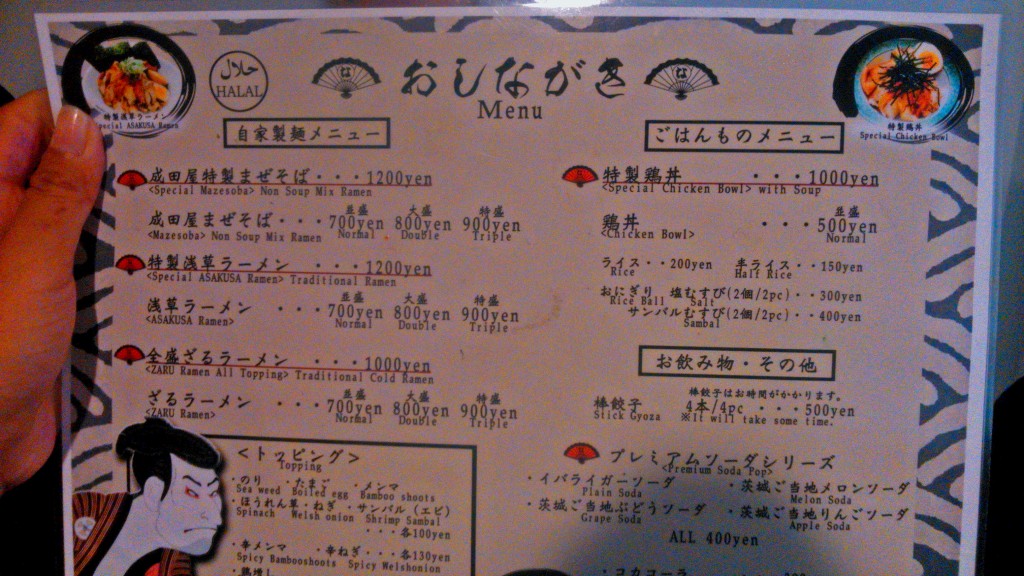

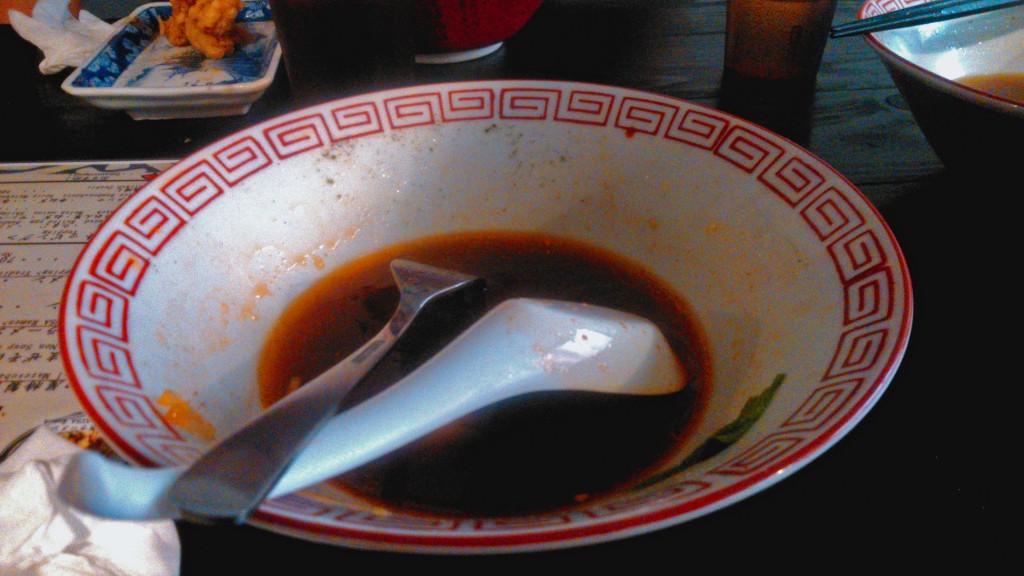
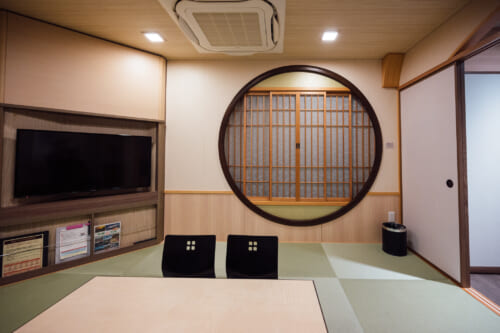
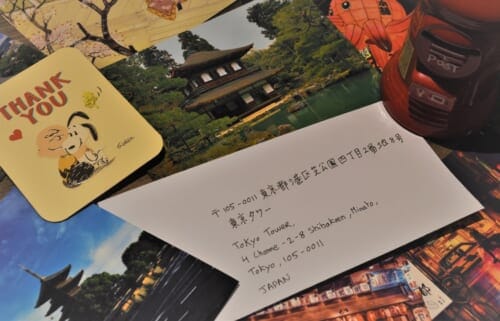
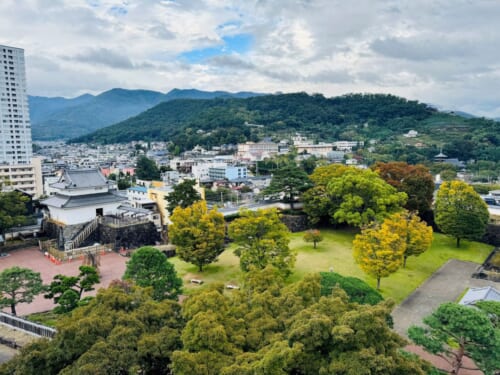



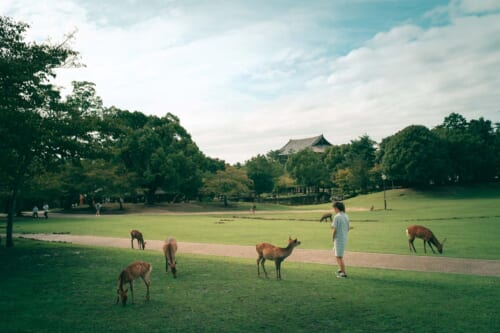


No Comments yet!